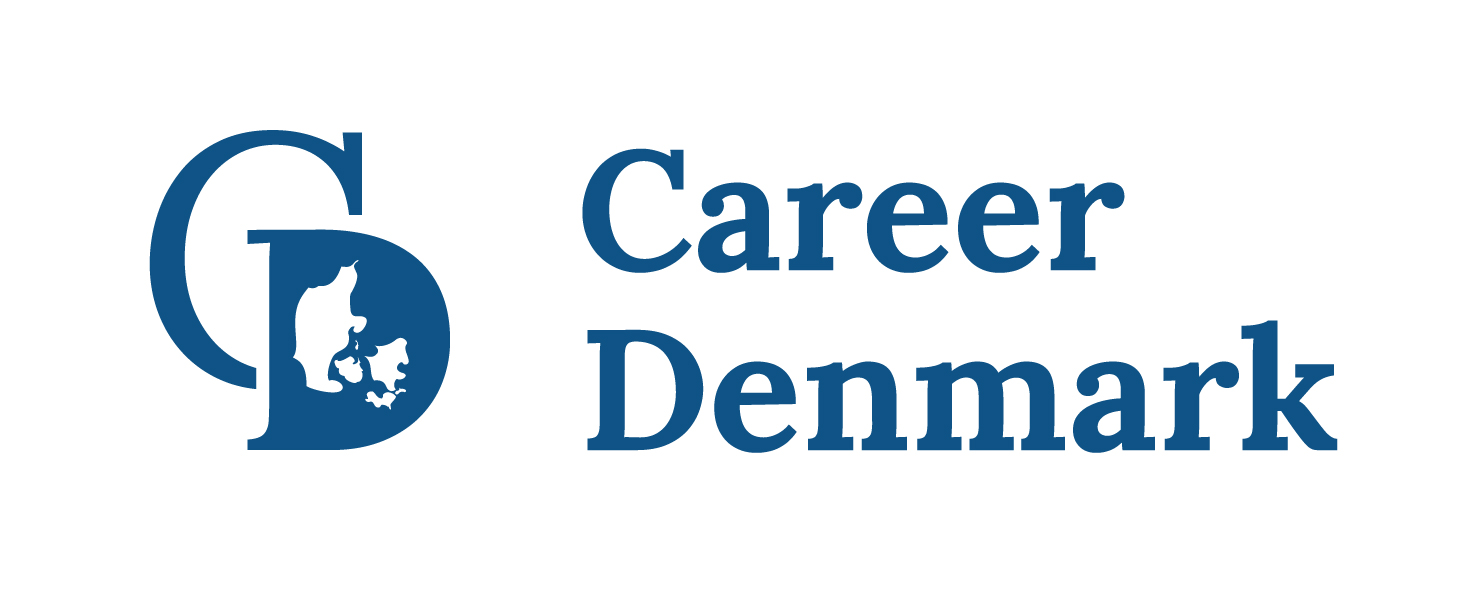Welcome to the vibrant world of Denmark, renowned for its high living standards and robust economy! Whether you’ve relocated for work, are planning to do so, or are just seeking to streamline your financial dealings in this thriving Nordic country, opening a bank account is a logical first step. As a professional in Denmark, managing your finances efficiently becomes simpler with a local bank account, enabling you to receive salary, pay bills, and handle day-to-day transactions with ease. This guide covers everything you need to know to navigate opening a bank account in Denmark.
Understanding the Importance of Opening a Bank Account as an Expat Professional in Denmark
Opening a bank account in Denmark, whether for personal or business purposes, is a crucial step for any professional moving to the country. It not only simplifies daily financial transactions but also facilitates easier access to a range of financial services essential for both personal and business growth. Understanding why and how to efficiently set up a bank account will pave the way for a smoother integration into Denmark’s financial system.
Benefits of having a bank account in Denmark
Opening a bank account in Denmark offers numerous advantages, particularly for professionals who need to manage their finances efficiently. First and foremost, local bank accounts provide easier access to transactions like salary deposits, bill payments, and rent transfers. These accounts also enable professionals to use mobile payment services, which are widely popular in Denmark. Secondly, the ability to set up automatic payments for recurring expenses saves time and ensures you never miss a payment. Moreover, maintaining a local account can help in building a credit history in Denmark, which is beneficial for future financing needs such as applying for a mortgage or a personal loan
Differences between personal and business bank accounts
The choice between opening a personal or a business bank account in Denmark largely depends on the nature of your professional activities in the country. Personal bank accounts are typically used for managing everyday expenses and are easier to set up compared to business accounts, which are designed to handle more complex financial activities. Business bank accounts often come with features like accounting and invoicing tools, and larger transaction limits, tailored to the needs of a business. Additionally, having a separate business account is a legal requirement for certain types of companies in Denmark, which helps in tax preparation and legal compliance.

Preparing for the Bank Account Opening Process in Denmark
Proper preparation before attempting to open a bank account in Denmark can streamline the process considerably. Understanding what to expect and gathering the necessary documents in advance are key steps.
Researching different banks in Denmark
Start by researching various banks in Denmark to identify the one that best suits your financial needs. Consider factors such as ease of access, fees, digital banking services, and customer reviews. Major banks in Denmark include Danske Bank, Nordea, and Sydbank among others, each offering different banking products and services. Visiting their websites or contacting them directly can provide insightful information to guide your decision.
Understanding the documentation required for expat professionals
When opening a bank account in Denmark, expat professionals must ensure they have the correct documentation. Typically, this includes a valid passport or EU identity card, proof of address in Denmark, a Danish CPR number, and possibly evidence of employment or company registration in Denmark. It’s important to have these documents handy and ensure they are up to date to avoid any delays in the account opening process.
Setting up MitID for electronic identification
MitID is essential not only for opening a bank account but also for accessing various other services in Denmark, such as healthcare and government websites. MitID serves as a form of digital identification and signature, securing your online transactions and personal data. To set up MitID, you will need to provide personal information and documents verifying your identity. You can apply for this via the official MitID website or, in some cases, directly through your bank, provided they offer assistance with the setup.

Choosing the Right Bank and Account Type
Overview of major banks in Denmark
Denmark hosts a variety of reputable banks that offer services tailored to meet the needs of expatriates and professionals. Major banks such as Danske Bank, Nordea, and Sydbank are among the largest, providing extensive financial services. These banks are complemented by smaller regional banks like Ringkøbing Landbobank. and numerous online banks that cater more specifically to tech-savvy customers. Each bank features distinct advantages, whether it’s wide-reaching branch networks, advanced digital banking solutions, or competitive international transfer fees, making them an attractive option for professionals moving to Denmark.
Types of accounts suitable for expat professionals
Expat professionals opening a bank account in Denmark have several options, each serving different financial needs:
Current Accounts (Lønkonto): Ideal for day-to-day banking, salary deposits, and bill payments.
Savings Accounts: Offered with various interest rates, useful for setting aside a portion of earnings.
Investment Accounts: For those interested in stocks, bonds, and other investment options.
Selecting the right account type involves balancing convenience, fees, access to services like overdraft facilities, loans, and investment advice, which can be crucial for managing finances effectively in a new country.
Comparing account fees and services offered by different banks
Before settling on a bank, it’s important to compare the fees and services provided. Look into monthly maintenance fees, transaction fees, ATM withdrawal charges, and fees for international transfers. Additionally, evaluate the customer service options – some banks offer 24/7 support, multi-language service, or dedicated advisors for professional clients. Consider also the accessibility of physical branches and ATMs, as well as the usability and features of online and mobile banking platforms. Comparing these aspects will help you find the bank that best fits your financial habits and needs.

Step-by-Step Guide to Opening a Bank Account in Denmark
Setting up automatic payments for bills
Managing a bank account efficiently involves ensuring that regular payments are never missed. In Denmark, setting up automatic payments (or ‘automatisk betaling’) for your bills can simplify your financial management immensely. Once you set up this feature, the bank will automatically transfer the funds from your account to pay for utilities, rent, subscription services, and more on specified dates. To start, gather all your recurring bills and visit your bank’s online portal or mobile app. The platform usually guides you through setting up automatic transactions for each bill, where you just input the payment details and frequency. This not only saves time but also avoids late payment fees, helping you maintain a good credit rating in Denmark.
Monitoring your account regularly for any discrepancies
Keeping an eye on your bank account’s activity can safeguard you against unauthorized transactions and potential errors. In Denmark, where digital banking is the norm, checking your bank account can conveniently be done through your bank’s online or mobile platforms. It’s advisable to review your account at least weekly. Look for any unfamiliar transactions and verify your scheduled payments are being processed correctly. If discrepancies are detected, contacting your bank immediately can resolve issues promptly, ensuring your finances remain secure.
Utilizing mobile banking apps for convenience
For professionals in Denmark, mobile banking apps are invaluable. These apps not only provide access to account balances and transaction history but also allow you to make payments, transfer money internationally, and contact customer support directly. Most Danish banks have robust mobile apps that are updated regularly with the latest security features to ensure safe transactions. Using these apps can significantly enhance your banking experience, offering convenience like never before, as you can manage your finances on-the-go or from the comfort of your home.
Additional Financial Services Available for Expat Professionals in Denmark
Investment options for expats in Denmark
Denmark offers a range of investment opportunities for professionals, particularly expats looking to grow their finances. Common options include stocks, bonds, mutual funds, and real estate investments. Many banks offer investment services with advice personalized to your financial goals and risk tolerance. Additionally, several banks provide international investment options which can be beneficial for expats looking to maintain investment portfolios in their home countries as well as in Denmark.
Applying for a credit card or loan
Obtaining a credit card or loan as a professional in Denmark is relatively straightforward once you have a stable job and a good credit history. Most Danish banks offer a variety of credit cards and loans, tailored to different financial needs and incomes. To apply, you’ll typically need to provide proof of income, residency status, and identification. In Denmark, banks check your credit history. Denmark uses a system called “RKI” (Riber Credit Information), which is a register for privates with bad credit. To be registered in RKI, a person or business must owe at least 200 Danish krone and did not respond to three written reminders. Comparative shopping for the best interest rates and repayment terms is advisable to find the financial product that best suits your needs.
Exploring savings and retirement account options
As an expat professional in Denmark, exploring options for savings and retirement should be a priority. Many Danish banks offer special savings accounts and retirement funds that are optimized for both short-term gains and long-term security. For instance, ‘ratepension’ (a fixed-rate pension) or ‘livsrente’ (life annuities) are popular among professionals planning for retirement. Furthermore, the government often incentivizes contributions to these accounts with tax benefits. It’s beneficial to discuss with a financial advisor at your bank to tailor a savings or retirement plan that accommodates your goals and life plans in Denmark.
Conclusion
In summary, opening a bank account in Denmark as a professional involves gathering the required documentation, selecting the right bank, and understanding the financial landscape of the country. This process may initially seem complex, but with proper preparation and understanding, it can be navigated smoothly. Taking advantage of the financial services tailored for expatriates can further ease the transition, allowing professionals to focus more on their careers and less on financial hurdles. By following the steps outlined, you can ensure a seamless banking setup in Denmark, paving the way for a successful professional journey in this vibrant country.





